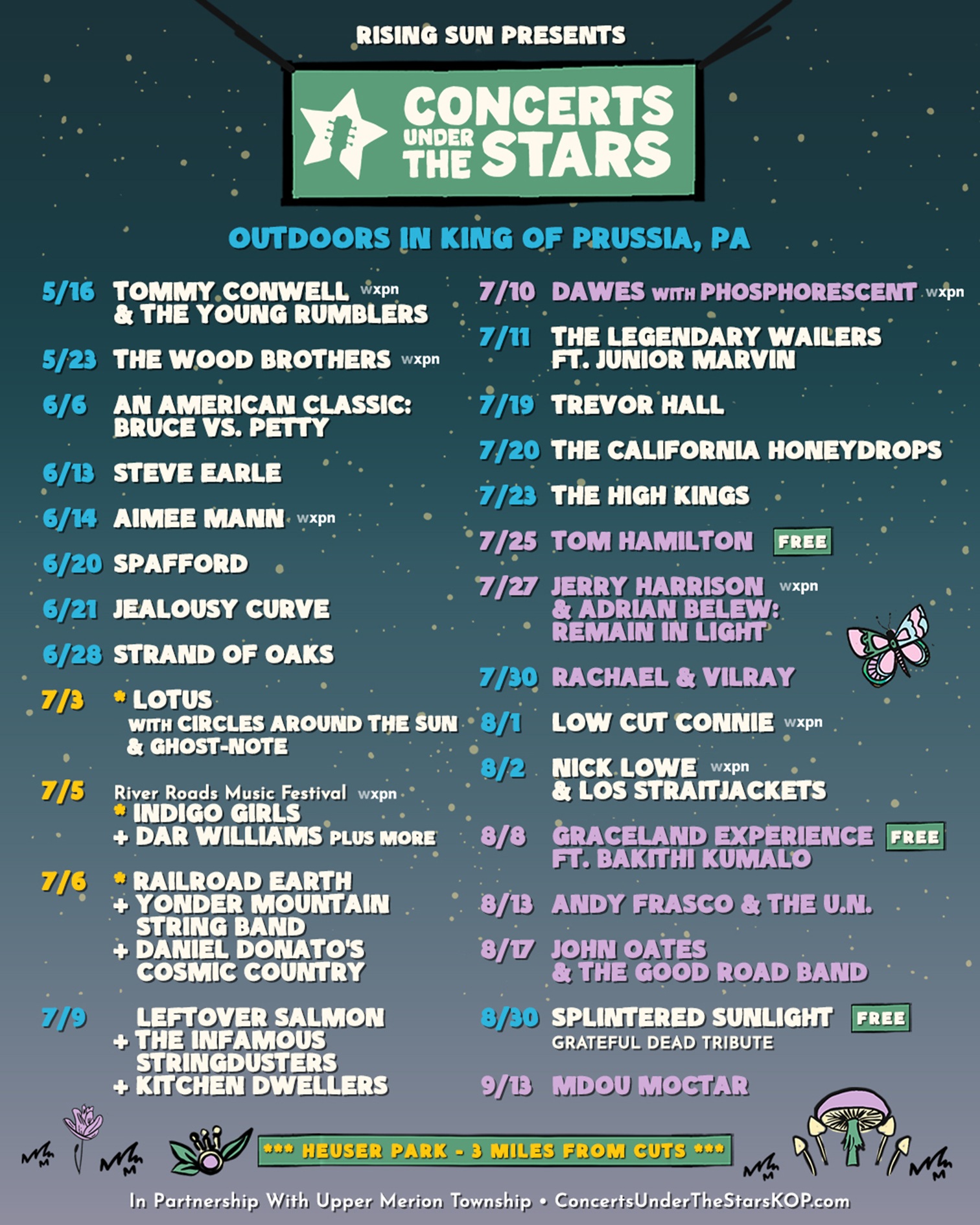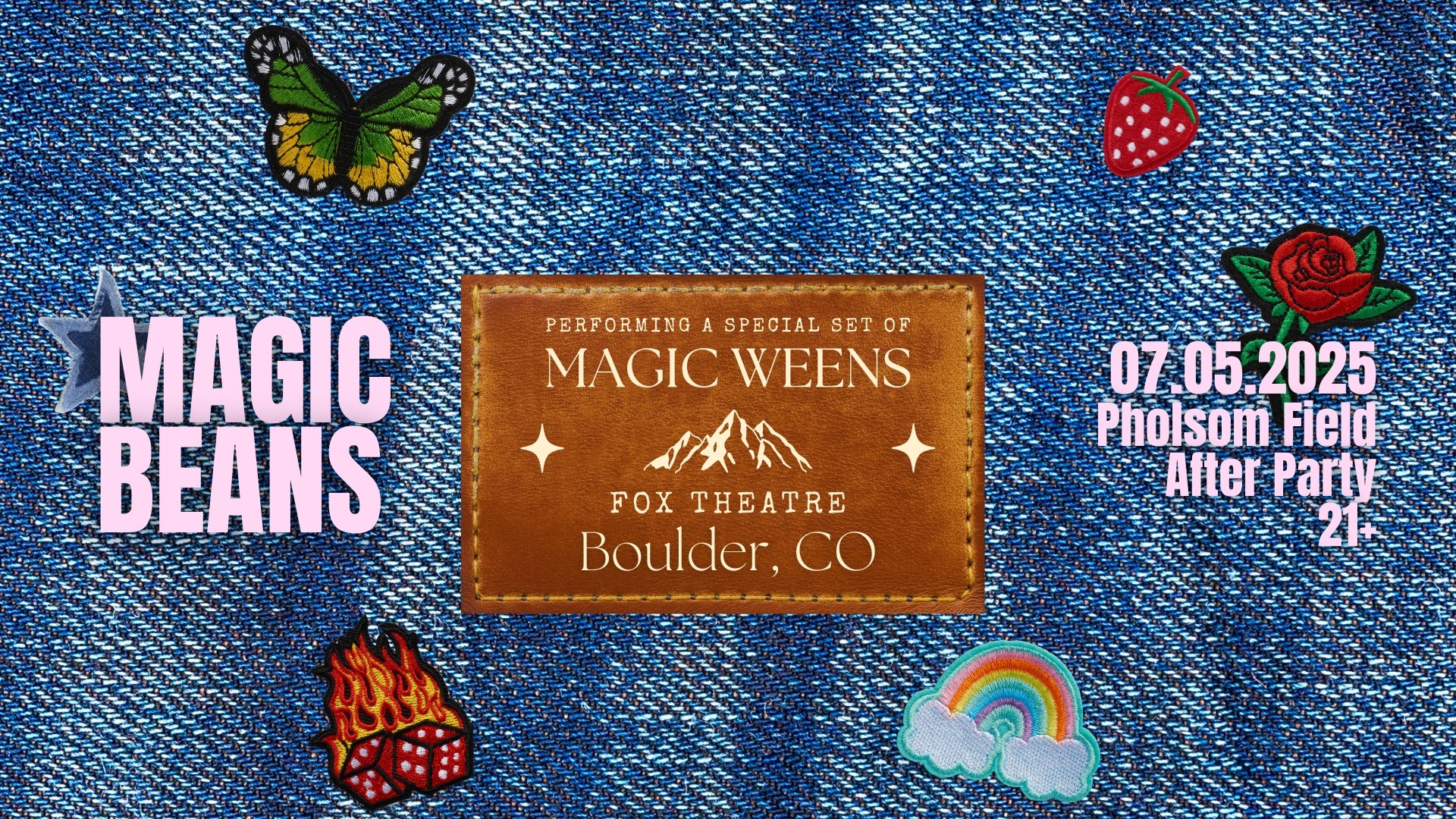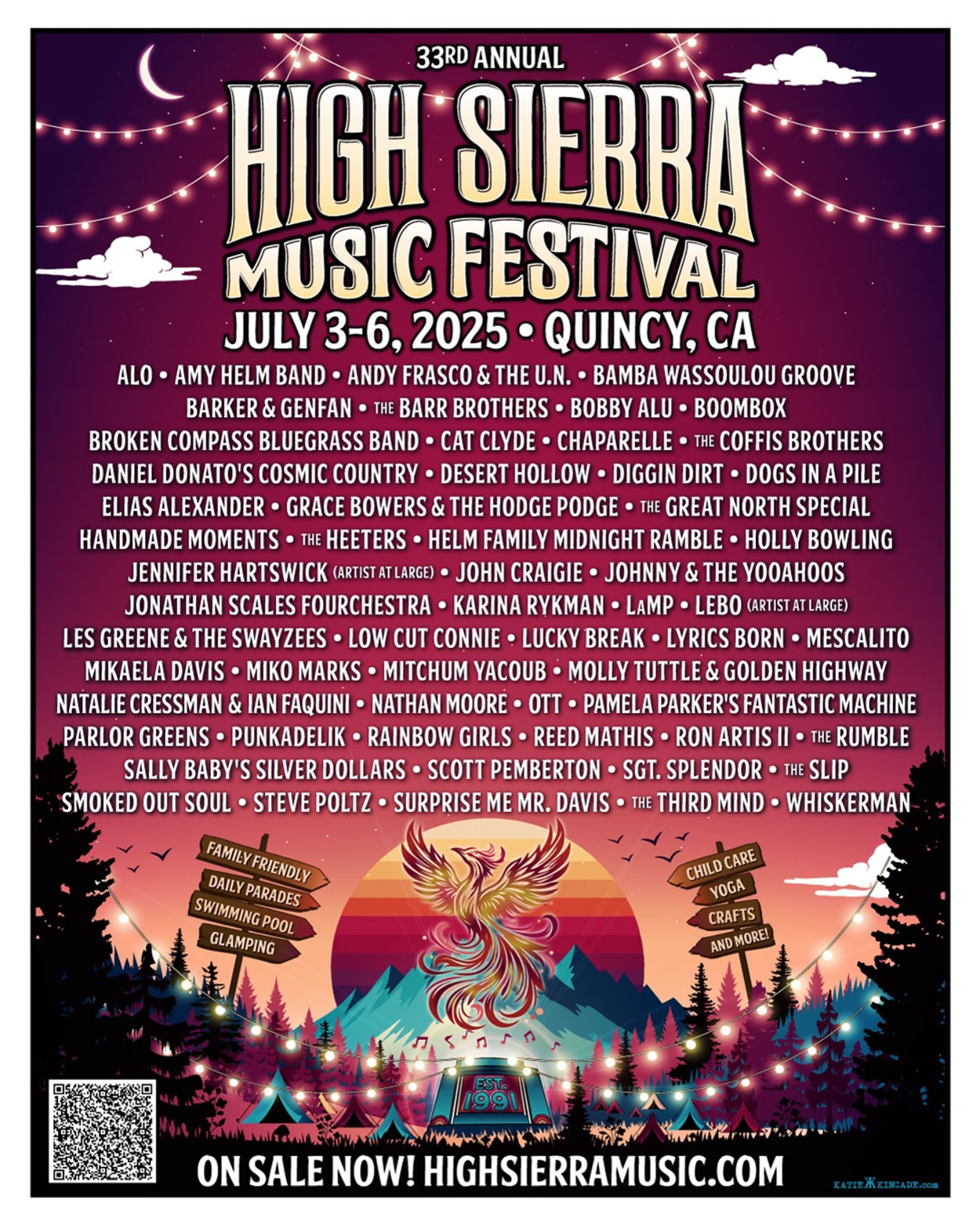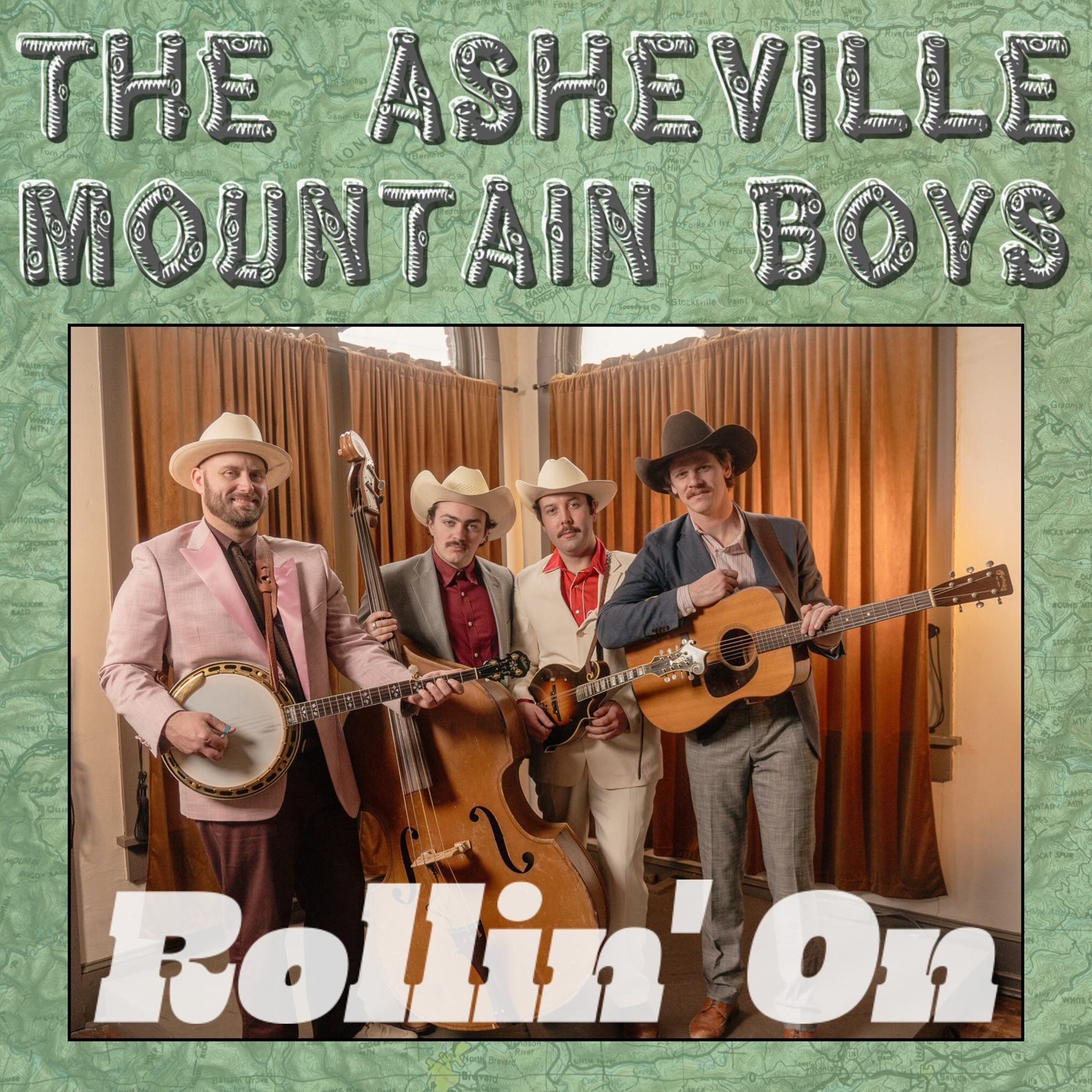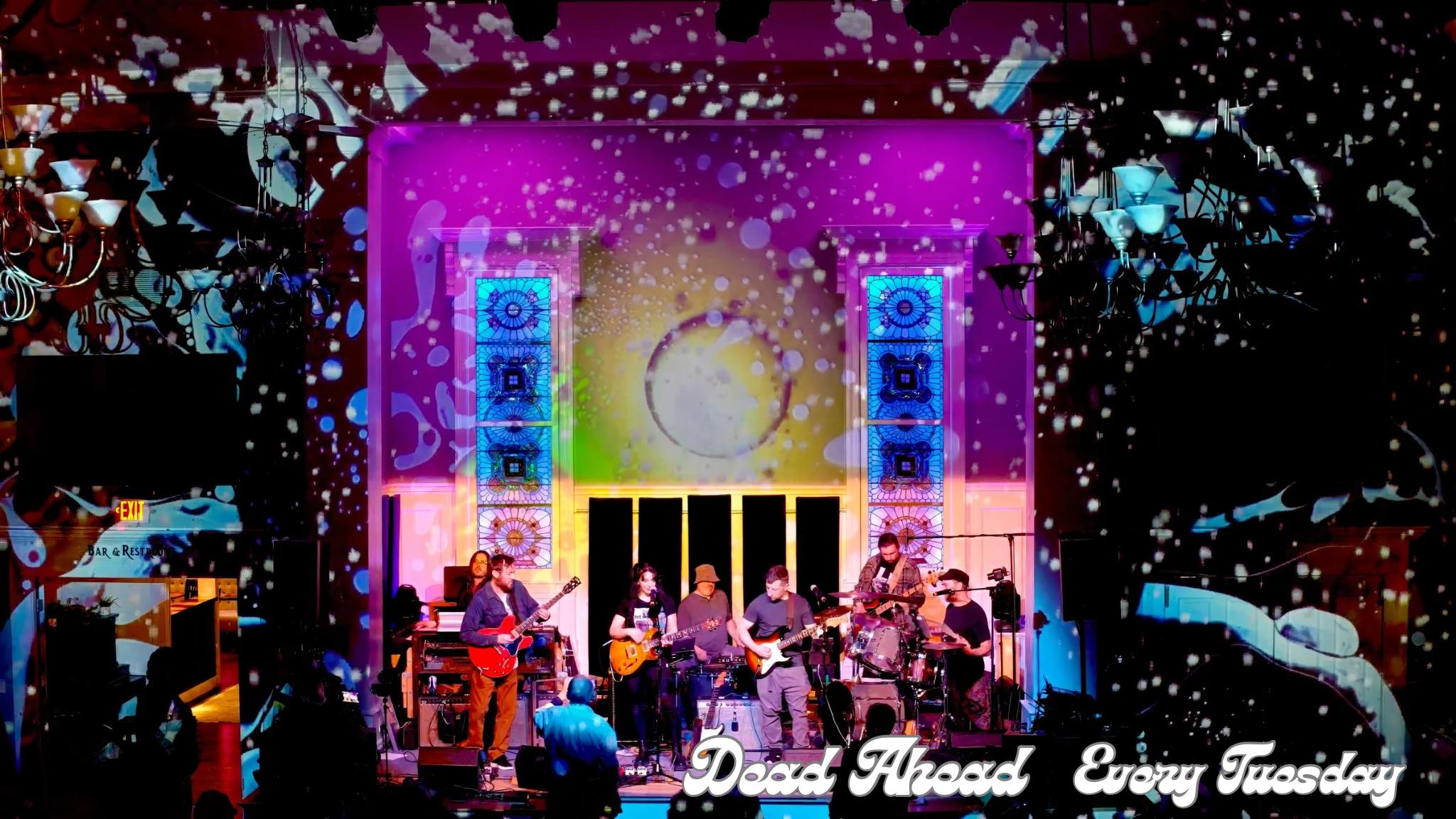The Blues Foundation is pleased to announce its 45th class of Blues Hall of Fame inductees. This year’s honorees represent the heart and soul of the blues, reflecting the genre’s continued impact, innovation, and cultural importance. The Induction Ceremony will be held at the Cannon Center for the Performing Arts, 255 N. Main St., on Wednesday, May 7. A Cocktail Reception honoring both the Blues Hall of Fame inductees and Blues Music Awards nominees will start at 5:30 p.m., with the formal inductions beginning at 6:30 p.m. Tickets, which include the Ceremony and Reception, are $100 and can be purchased along with Blues Music Awards tickets.
The 2025 Blues Hall of Fame Class features five distinguished Performers: Bob Stroger, William Bell, Blind Willie Johnson, Henry Townsend, and Jessie Mae Hemphill. Renowned Texas bluesman Lightnin’ Hopkins enters the Hall for a Classic of Blues Recording – Album with his Gold Star Sessions. Classic of Blues Recording – Singles include inductees Irma Thomas (“Don’t Mess With My Man”), Sylvester Weaver (“Guitar Rag”), Bessie Smith (“Nobody Knows You When You’re Down and Out”), Blind Lemon Jefferson (“See That My Grave Is Kept Clean”), and B.B. King (“Why I Sing the Blues”). The Classic of Blues Literature honoree is Woman With Guitar: Memphis Minnie’s Blues. In the Individuals – Business, Production, Media, Academic category, the Blues Foundation pays tribute to Bob Geddins for his tremendous production work and business acumen that shaped the Bay Area blues scene.
Bob Stroger, at 94, is the oldest performer ever inducted. A veteran bassist, Stroger is acclaimed for his role as a rhythmic cornerstone with countless Chicago blues bands since the 1950s, working closely with luminaries like Otis Rush and Sunnyland Slim. His steady touring, teaching, and recording career testify to his enduring passion for the music and generosity in nurturing the next generation of blues artists.
William Bell is recognized for his legendary work at Stax Records in Memphis and the timeless soul he has brought to the blues. Born William Henry Yarbrough, Bell became a hitmaker with “You Don’t Miss Your Water” in 1961 and wrote or co-wrote classics like “Born Under a Bad Sign,” famously recorded by Albert King. Over a long career, he has remained a torchbearer for Memphis music, integrating gospel, R&B, and blues to forge a distinct, soulful path.
Blind Willie Johnson is a Texas guitar evangelist whose raw, powerful voice and intricate slide guitar profoundly influenced the blues world, even though his repertoire was strictly spiritual. Songs like “Dark Was the Night—Cold Was the Ground” and “The Soul of a Man” became cornerstones of his legacy, inspiring blues, folk, and rock artists for generations. His recordings for Columbia between 1927 and 1930 helped define the so-called “holy blues,” a style bridging the sacred and secular.
Henry Townsend (1909–2006) carried forward the St. Louis blues tradition from the late 1920s until the early 2000s. An extraordinary talent on both guitar and piano, Townsend recorded with Roosevelt Sykes, Walter Davis, and other luminaries. With a prolific career spanning eight decades, he embodied the living history of prewar to postwar blues, earning honors like the National Heritage Fellowship and a posthumous GRAMMY Award in 2007.
Jessie Mae Hemphill (1923–2006) was the spirited queen of the North Mississippi Hill Country blues, known for her one-chord trance style, driving rhythms, foot tambourine, and fife-and-drum heritage. She won three W.C. Handy Awards (later renamed the Blues Music Awards) for Traditional Female Artist and enchanted fans with her vibrant stage presence and inimitable sound rooted in the deep musical traditions of her family and region.
In addition to the Performers category, the 2025 Blues Hall of Fame recognizes Bob Geddins, whose tireless work as a producer and entrepreneur in the post-World War II Bay Area shaped the grittier side of West Coast blues. Geddins recorded and launched artists such as Lowell Fulson, Jimmy McCracklin, Roy Hawkins, and Big Mama Thornton on numerous small labels, contributing significantly to the mid-century Oakland blues scene along 7th Street.
For the Classic of Blues Literature award, Woman With Guitar: Memphis Minnie’s Blues by Paul and Beth Garon offers an in-depth exploration of Memphis Minnie’s life, artistry, and cultural impact. This study illuminates Minnie’s role as one of the most formidable guitarists, songwriters, and entrepreneurs in a male-dominated blues world, providing fresh perspectives on her musical significance and feminist implications.
Gold Star Sessions, recorded between 1947 and 1950, stands as this year’s Classic of Blues Recording – Album. These tracks capture Lightnin’ Hopkins at a creative peak, featuring improvised songs and signature boogie rhythms. Originally released on Gold Star 78s, the sessions were later compiled by Arhoolie and remain a testament to Hopkins’ status as a poet of the Texas blues.
Rounding out the Class of 2025 are five Classics of Blues Recording – Singles. Irma Thomas’ 1959 hit “Don’t Mess With My Man” showcased her rising star power in New Orleans. Sylvester Weaver’s “Guitar Rag” (1923) introduced the slide guitar to mainstream audiences, later popularized by Bob Wills as “Steel Guitar Rag.” Bessie Smith’s 1929 rendering of “Nobody Knows You When You’re Down and Out” remains an iconic reflection of hard times. Blind Lemon Jefferson’s “See That My Grave Is Kept Clean” (1927) became a hallmark of the Texas blues style. Lastly, B.B. King’s 1969 track “Why I Sing the Blues” integrated the struggles of African Americans into a contemporary blues statement, helping King cross over into mainstream recognition.
Since 1980, The Blues Foundation has inducted new members into the Blues Hall of Fame for their historical contributions, impact, and overall influence on this distinctly American art form. Categories include Performers, Individuals, Classic of Blues Literature, Classic of Blues Recording (Song), and Classic of Blues Recording (Album). With more than four hundred individuals, recordings, and literary works now honored, the Blues Hall of Fame continues to acknowledge the music’s pioneers, innovators, and champions.
Based in Memphis, The Blues Foundation is recognized worldwide for its mission to preserve blues heritage, celebrate recording and performance, expand global awareness, and ensure the music’s future. Its signature events—Blues Music Awards, Blues Hall of Fame Inductions, International Blues Challenge, and Keeping the Blues Alive Awards—serve as pillars for the community. Through initiatives such as the HART Fund, which provides medical assistance for musicians, and Blues in the Schools programs and Generation Blues Scholarships that foster the next generation of fans and performers, the Foundation remains an essential hub of blues culture. The Blues Hall of Fame Museum in Downtown Memphis offers an engaging experience where visitors can immerse themselves in the history and richness of the blues.
For more information about the Blues Hall of Fame Induction Ceremony, tickets, or the Blues Music Awards, please visit Blues.org or contact the Blues Foundation directly at (901) 527-2583.









